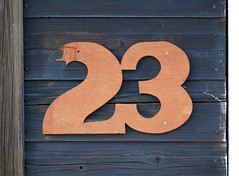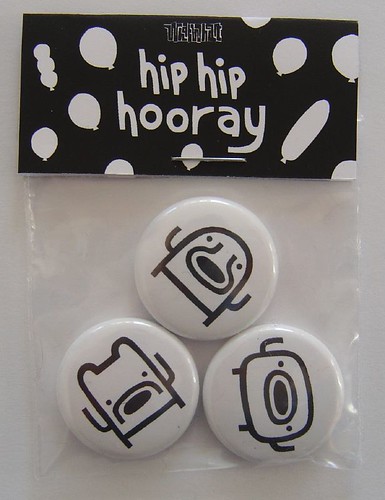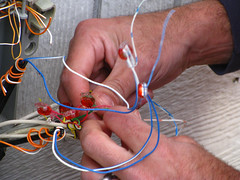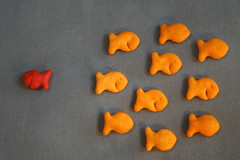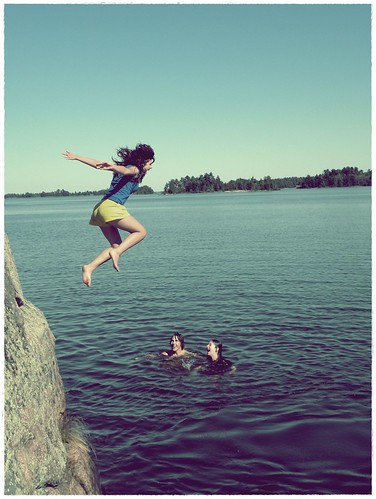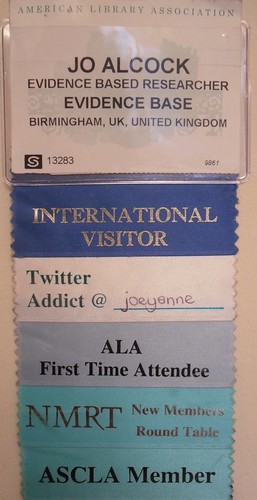23 Things - all done and dusted! I've really enjoyed the 23 Things for Professional Development programme, both as an organiser and as a participant. It's certainly been useful in assessing where I am with my professional development, and where I would like to be. It's encouraged me to find out more about CILIP Chartership, which I hope to start next year.
I'll be completing the evaluation survey after I've published this blog post so I've been thinking about which elements of the programme I have found most useful. For me, it's been the 'thinky' posts that I've got the most out of - particularly Thing 3 on personal branding, Thing 5 on reflective practice, Thing 11 on mentoring, Thing 21 on evaluating your skills and areas of development. Many of those things I have wanted to work on for a while but it's been really useful to have them included in this so that I had to dedicate time to them. Thing 5 on reflective practice has been the most useful to me - I'm now trying to evaluate all my professional development activities with the 'What? So what? Now what?' model and will be doing this on my main blog when I write about the 23 Things for Professional Development programme.
Another positive outcome is that I've also started commenting on people's blogs more and I'm really pleased about that as I know how great it is to receive comments and how the conversations that happen in blog comments can be really useful to all involved.
I've recently completed my first annual IPR (Individual Performance Review) at work and as part of that I worked on a personal development plan so I decided to wait until I had completed that process before blogging this final thing. I looked at what skills I needed to improve my performance at work, and I now have a series of targets and areas to focus on which I hope will also be the areas to focus on in my Chartership. These include:
- Networking
- Presenting
- Formal writing (e.g. academic writing)
- Organisation skills (including project management, event management, time management and delegation)
Some of these I have already been working on developing, but I think I can improve on each of these areas. Some I have specific targets for, others I hope to incorporate into my professional development activities in the future. I plan to continue with the committee roles I am currently active in for both CILIP and ALA, and next year will be involved in the ALA Emerging Leaders program (January-June) which in addition to helping me understand more about ALA and how I can get involved, I hope will include developing most of the skills I need to (particularly networking, organisation skills and presenting).
I found this activity really useful for helping me focus future professional development - I sometimes find it difficult to prioritise activities and as I take more on, I have to sometimes turn down opportunities that I can't fit in due to time commitments or that aren't within my current scope. I think knowing my areas of professional development focus should help me prioritise in future which will definitely be beneficial.
23 Things for Professional Development has been an incredibly useful process and definitely something I'm glad I participated in. Three cheers to all organisers and participants!
This will be the last blog post on this blog (though it will remain online and I will still chack comments) - if you want to continue following my professional development activities, including CILIP Chartership and ALA Emerging Leaders, please subscribe to my main blog, Joeyanne Libraryanne (you can subscribe by RSS or email from the links in the top left above my photo). Hope to see some of you over there and on Twitter :)
